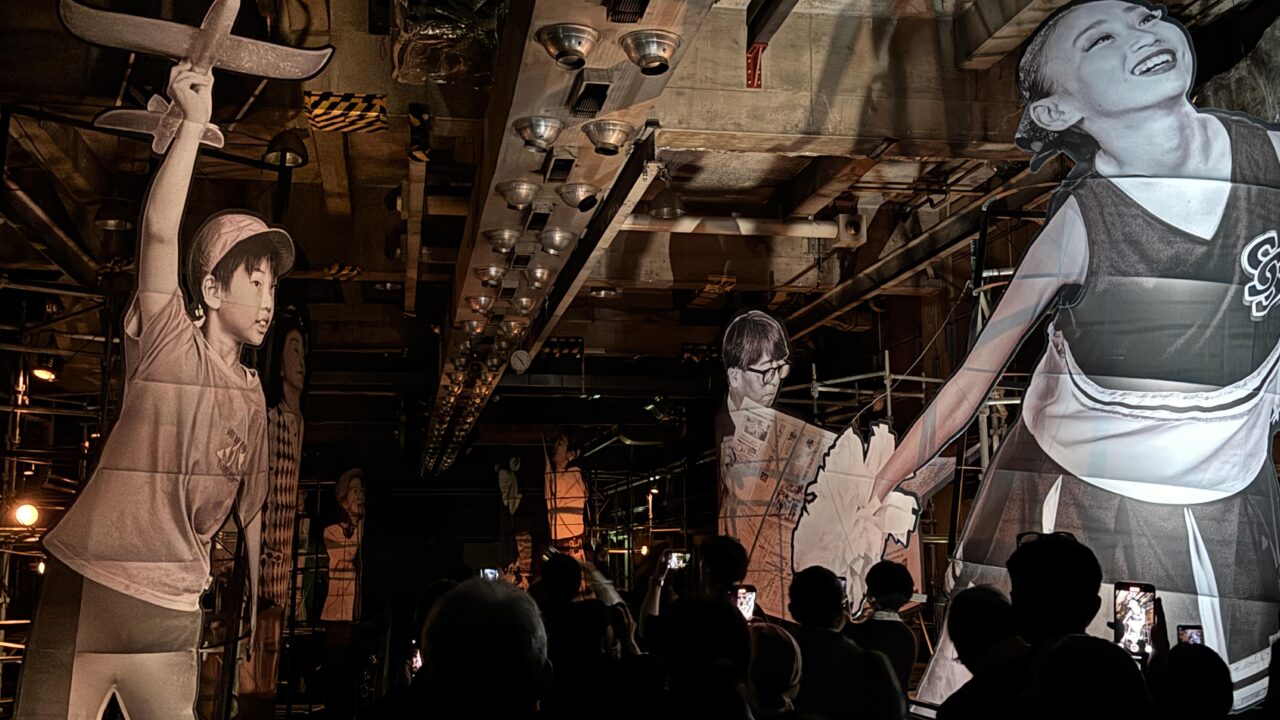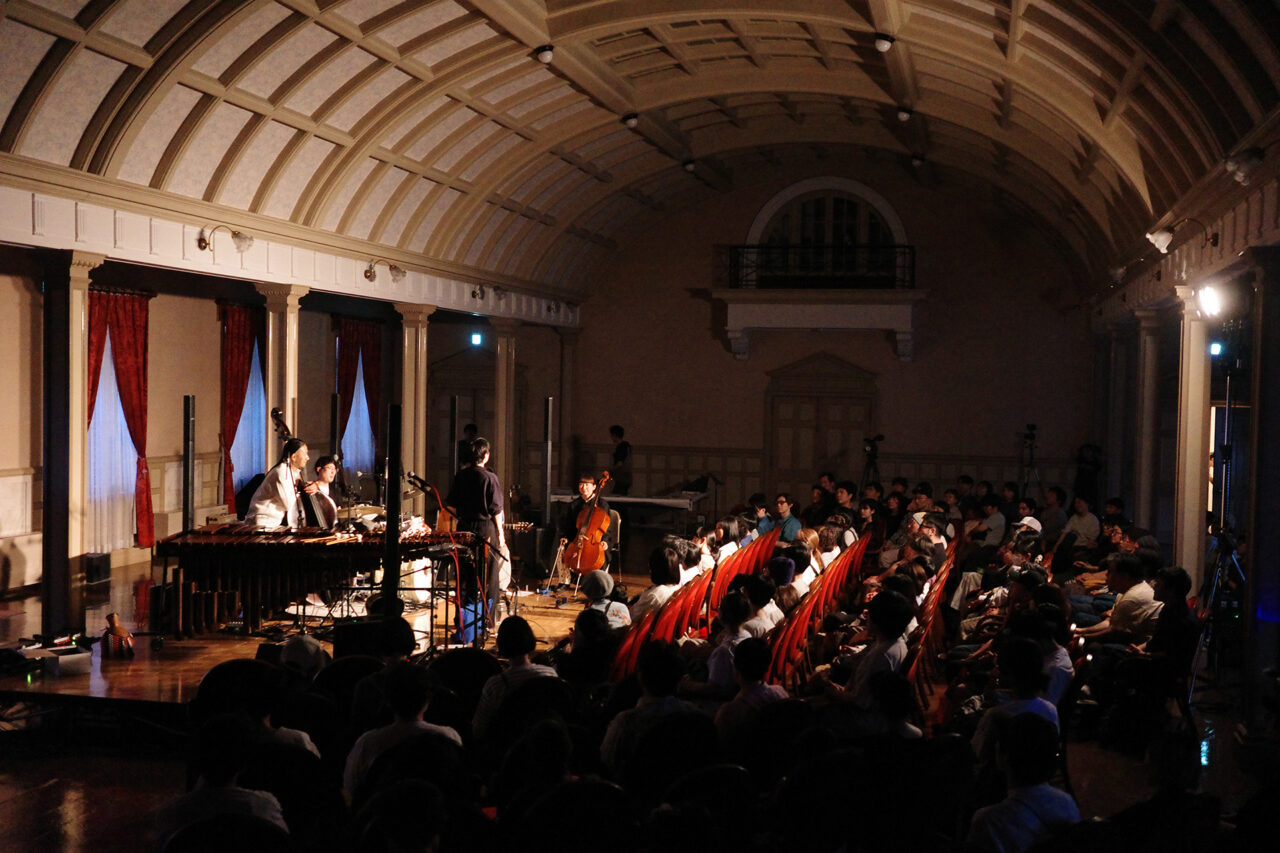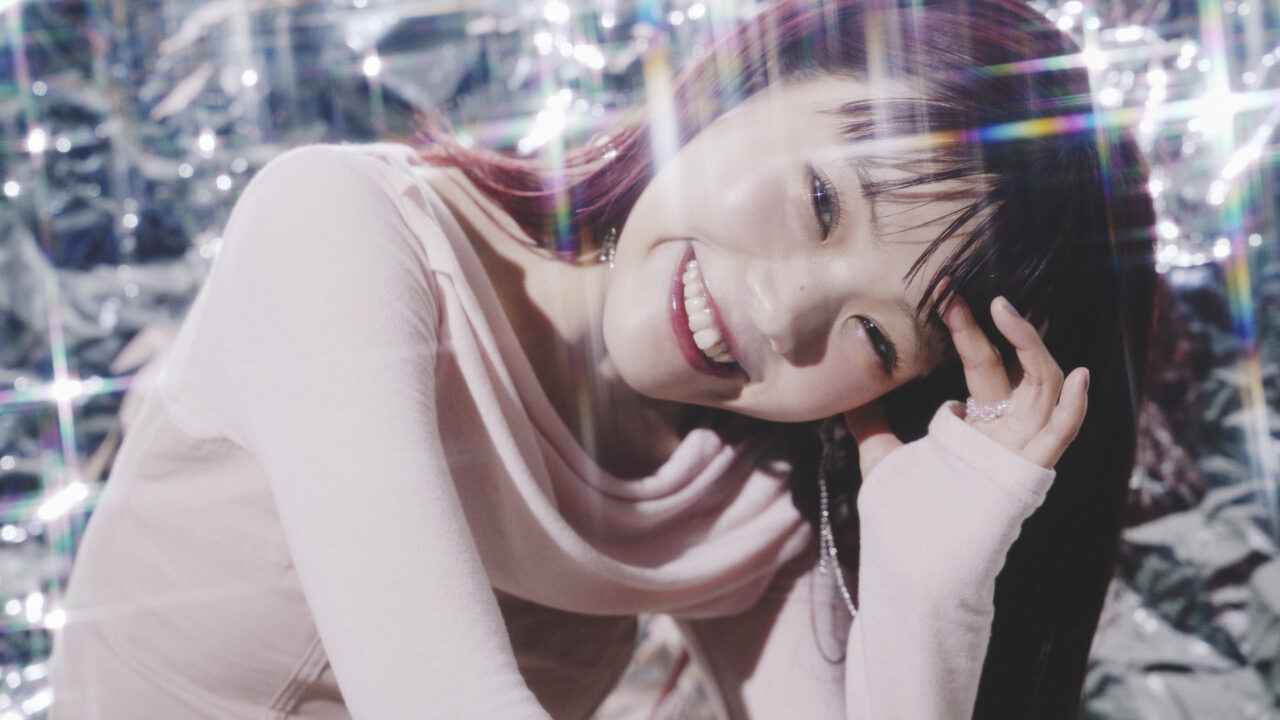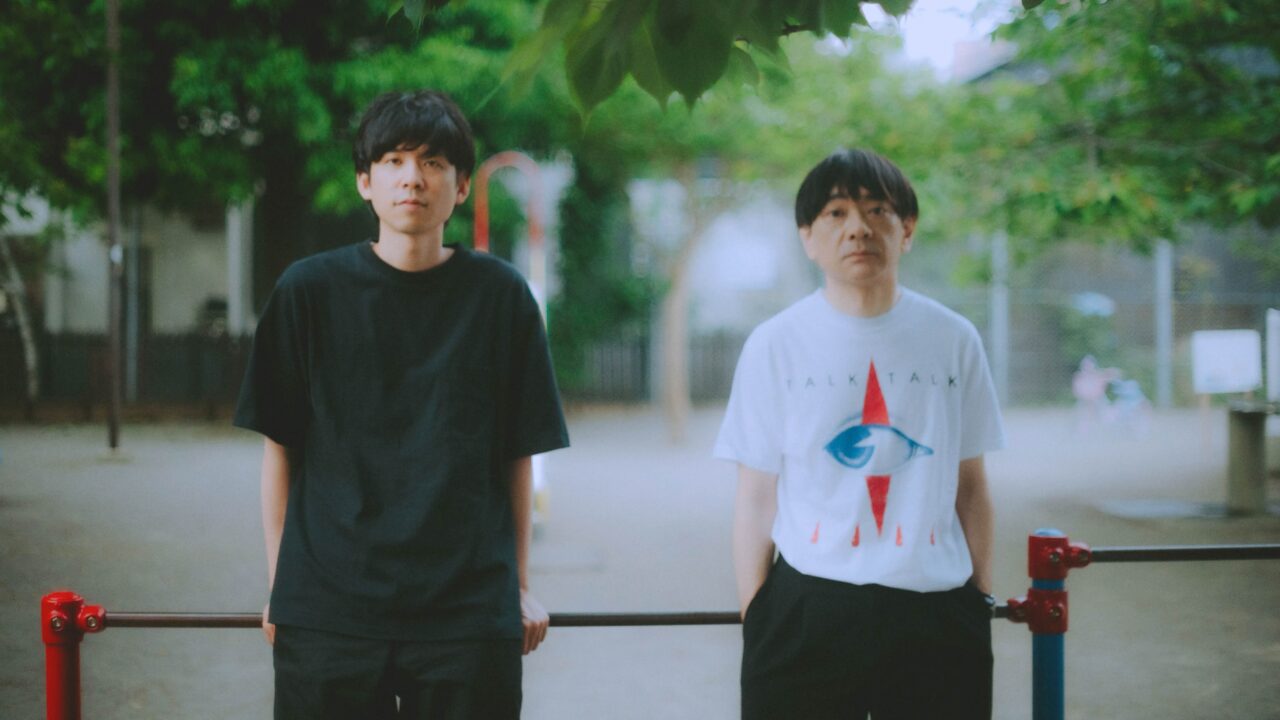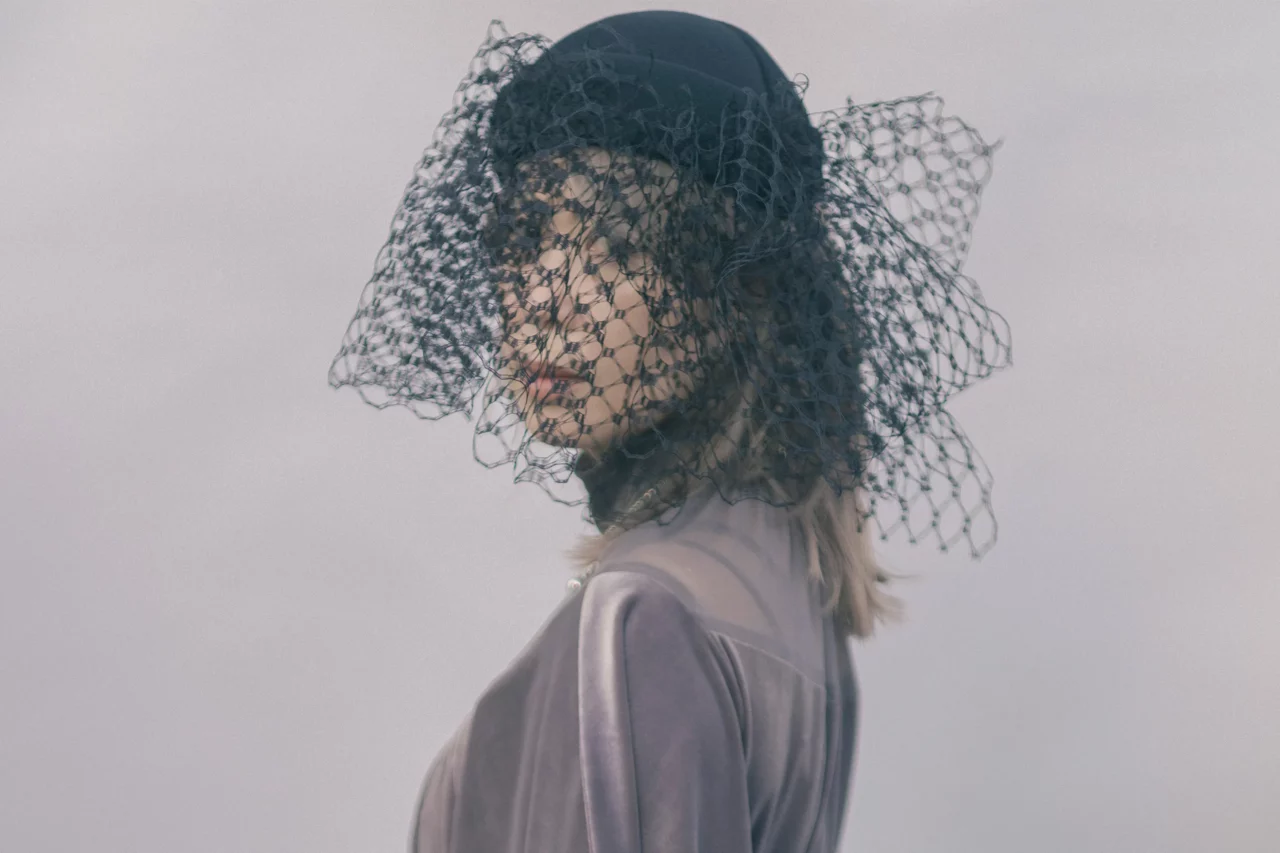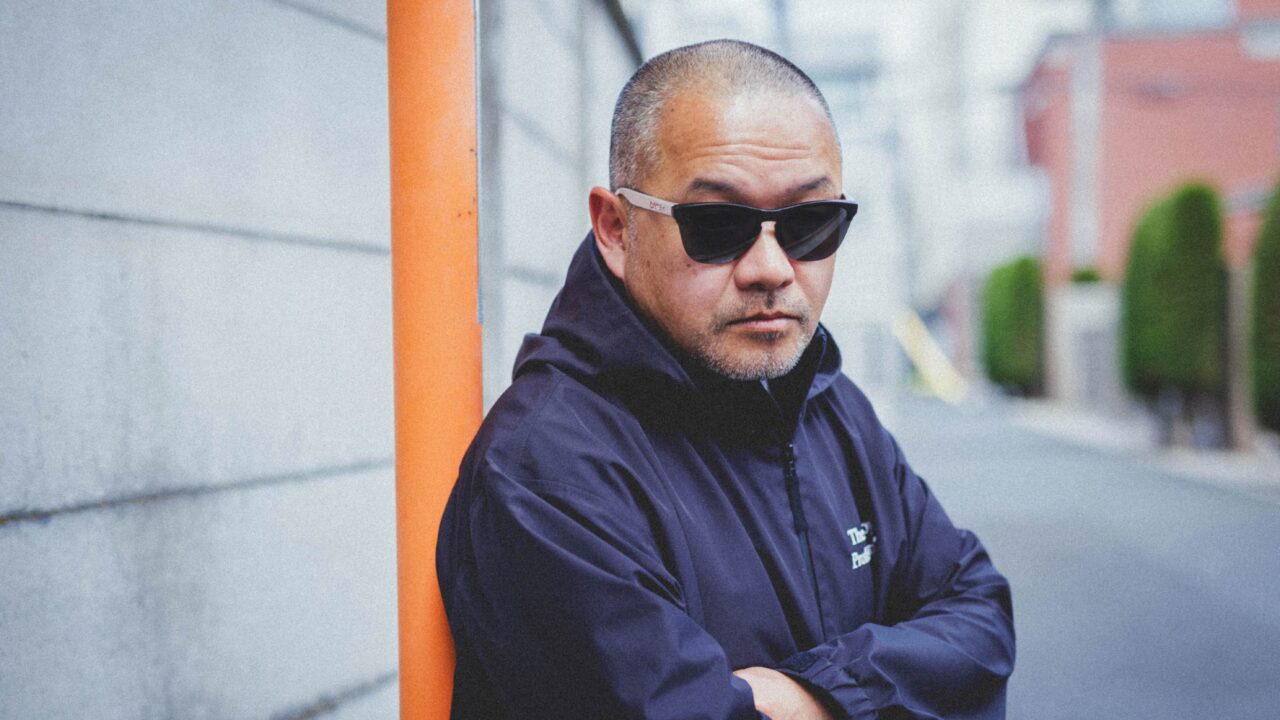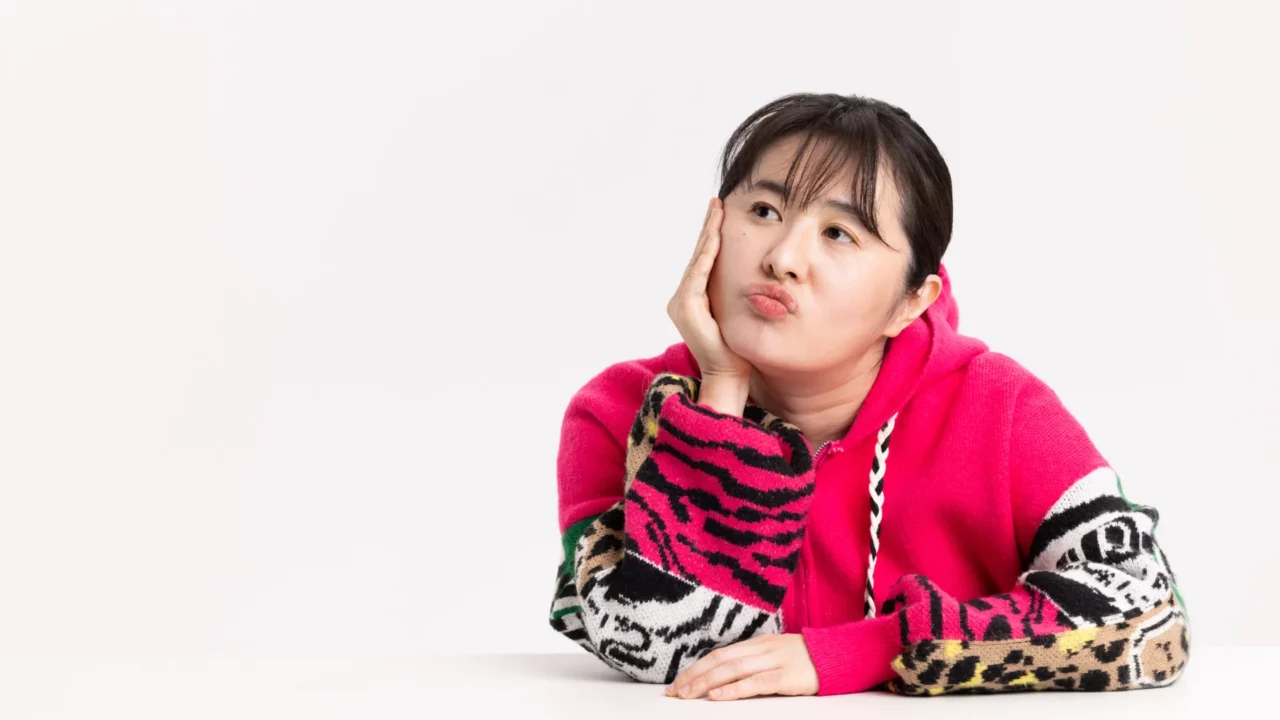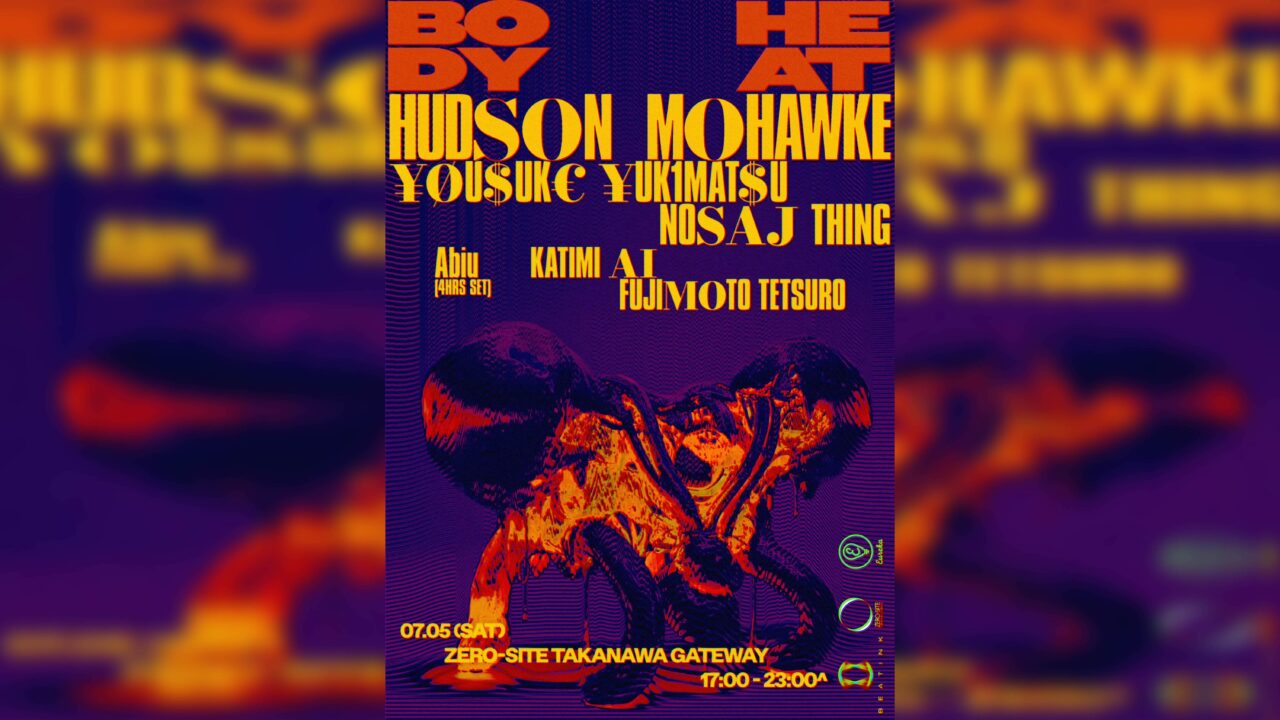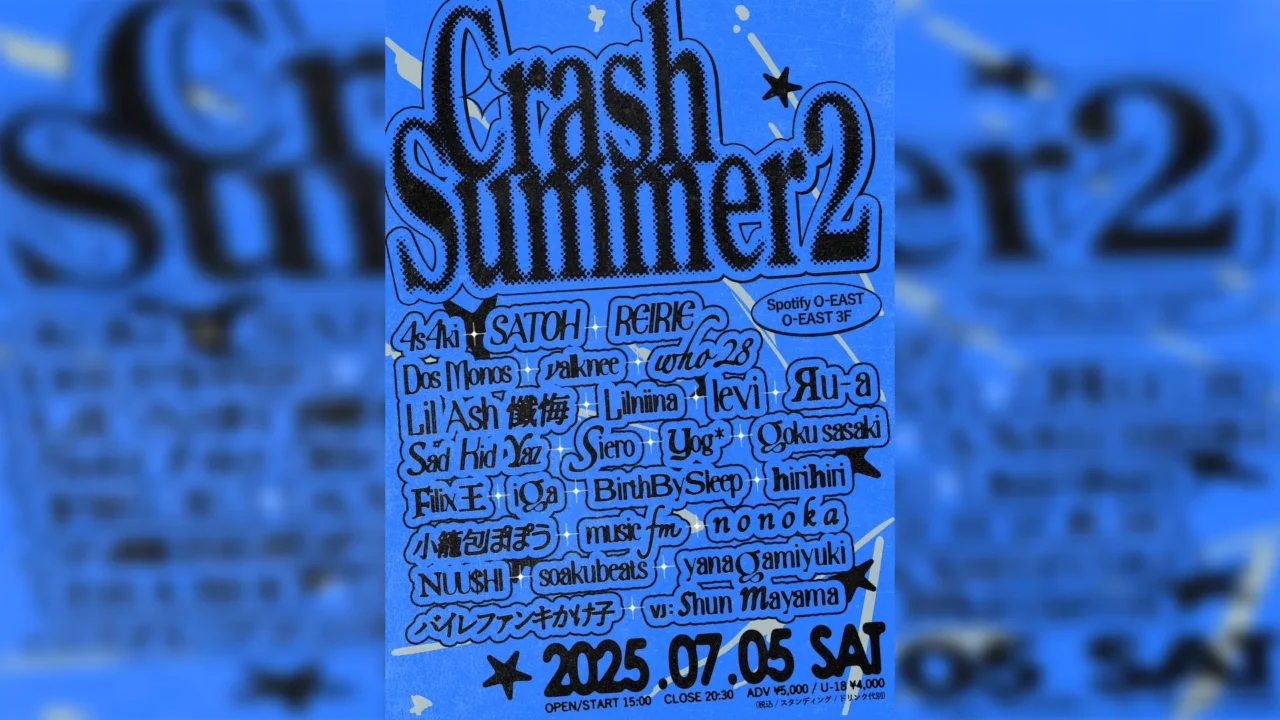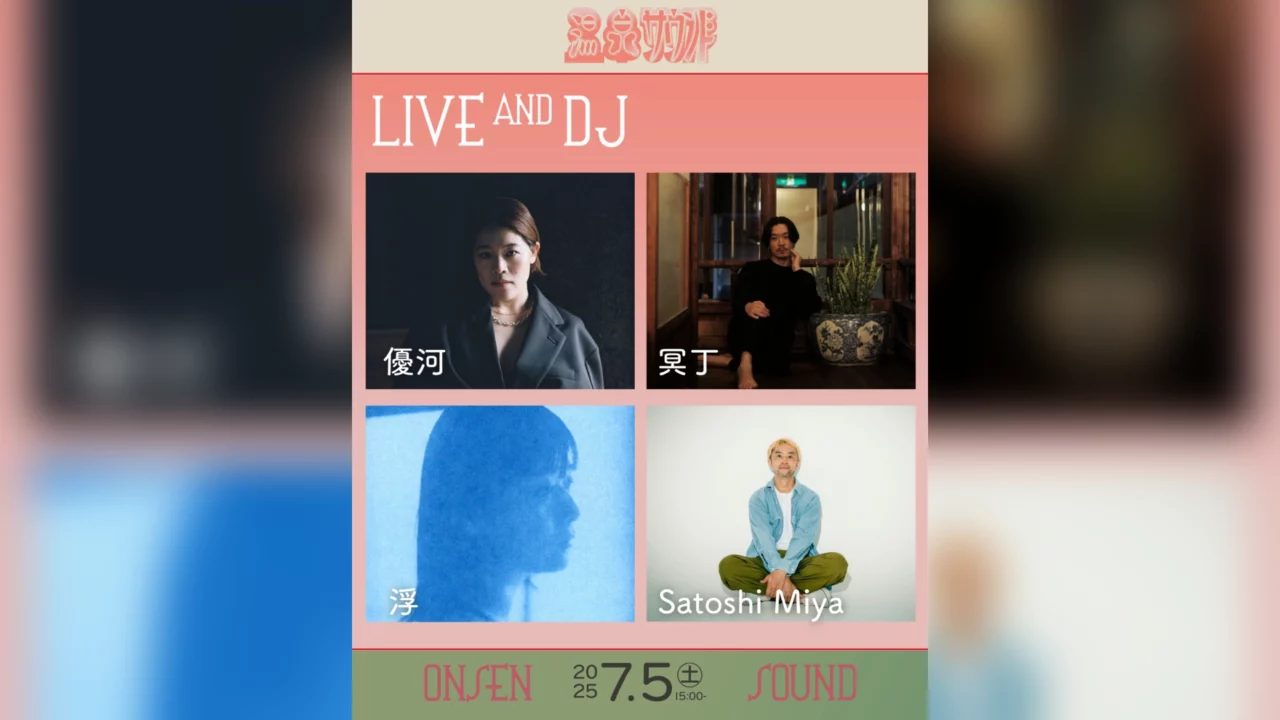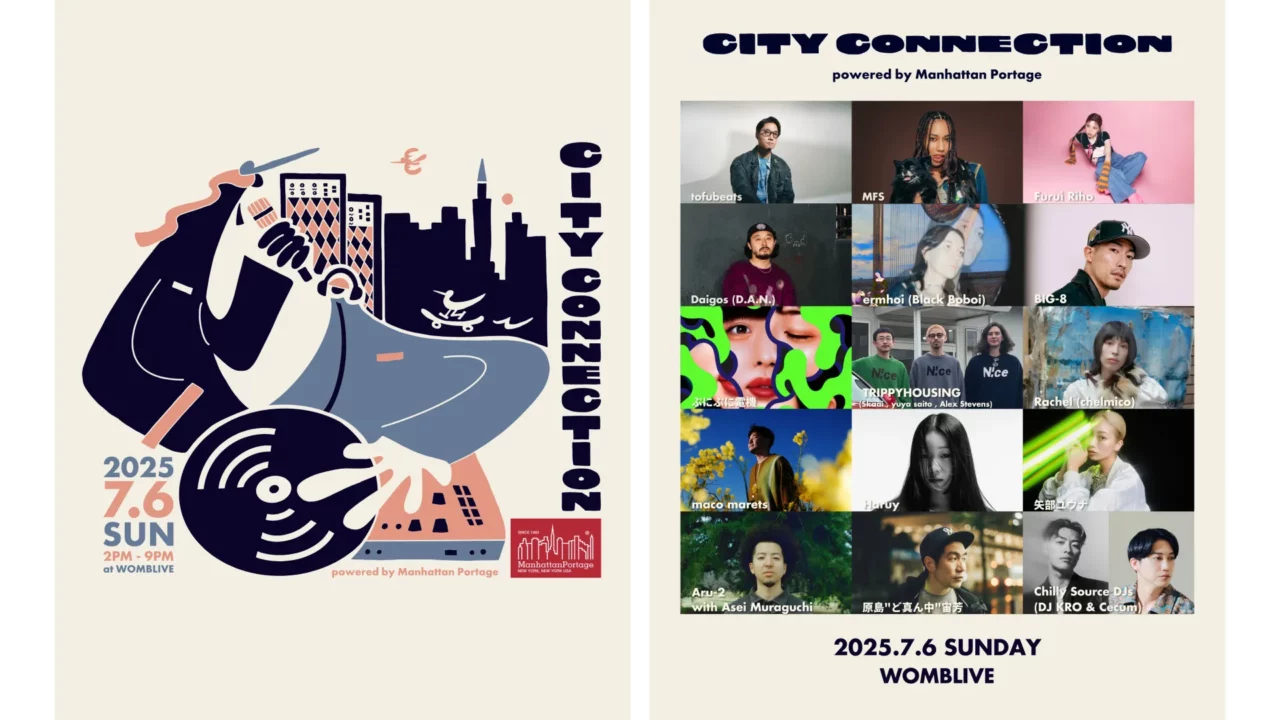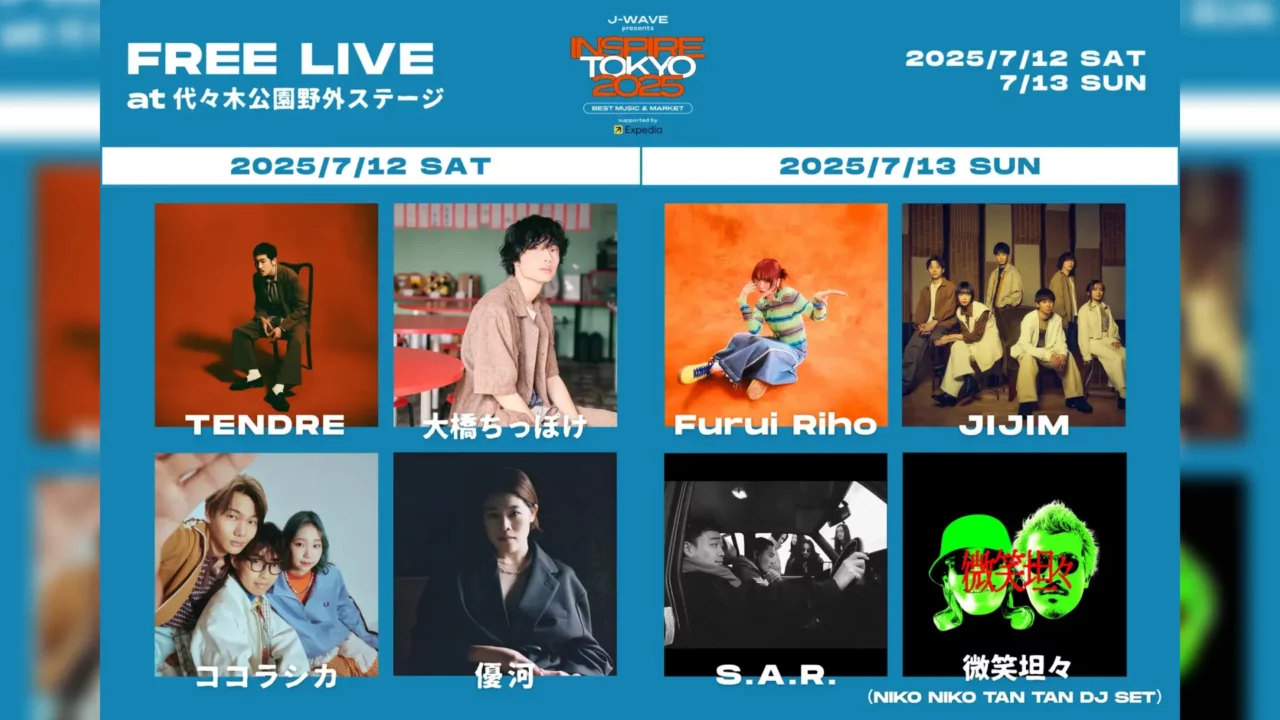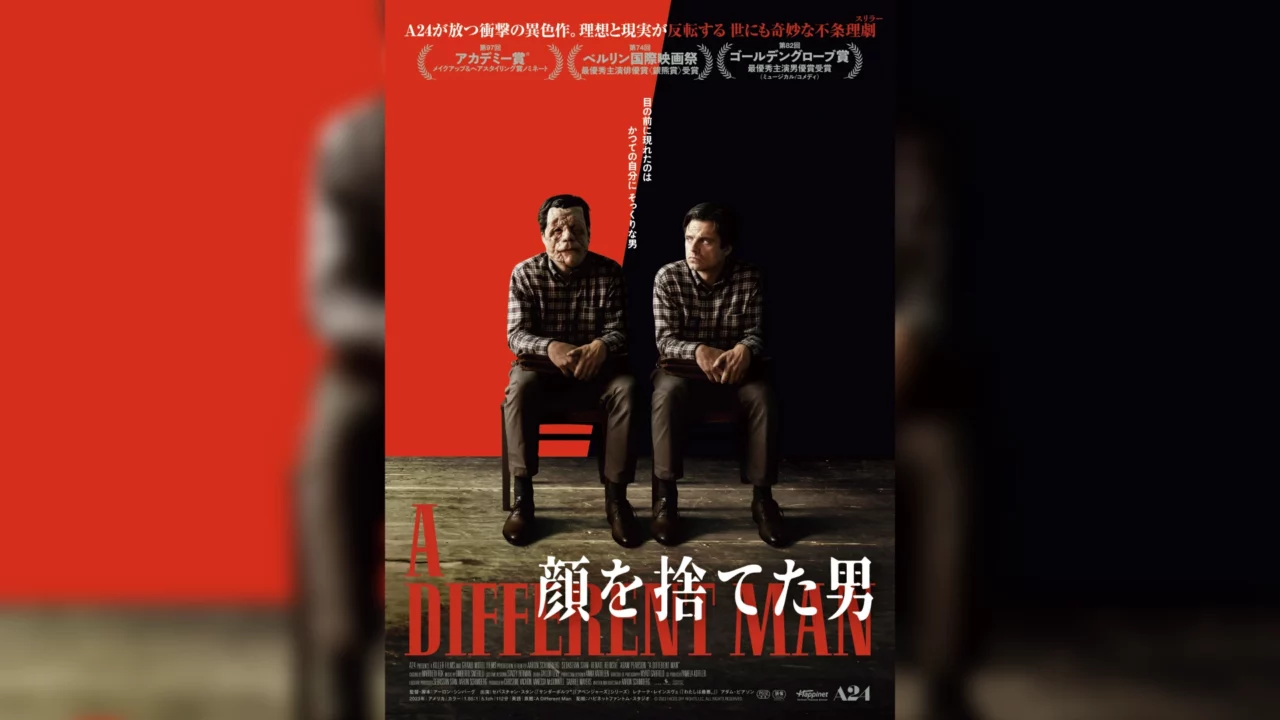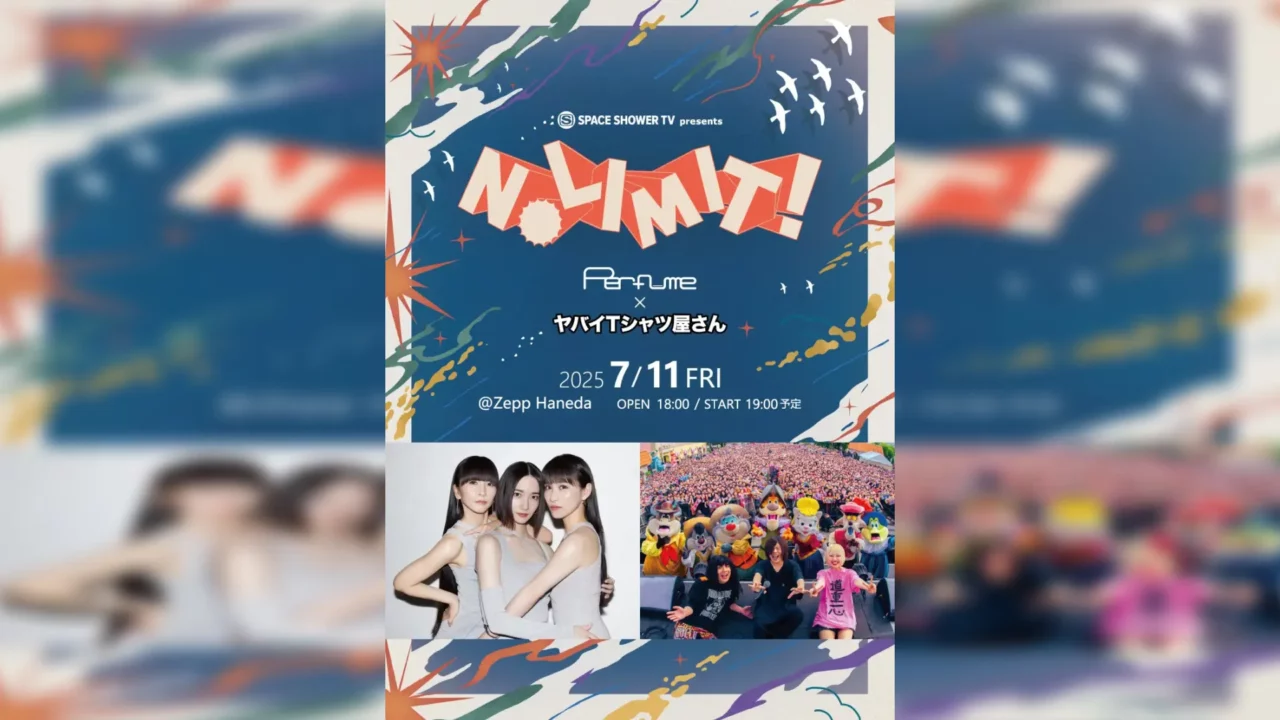How has the fashion industry evolved in the wake of the pandemic? Clearly, the push for ESG management has accelerated, leading to a greater focus on improving labor conditions and reducing environmental impact in response to climate change. But what about the realm of fashion expression?
While trends like “Quiet Luxury” have surfaced recently, there doesn’t seem to be a single dominant trend. Instead, people appear to continue dressing according to their personal preferences. Nevertheless, as a fashion enthusiast, the quest to find vibrant brands with fresh aesthetics remains constant. These brands not only energize the industry but also help shape the spirit of the coming era.
In this feature, we explore these themes under the topic “Alternative Values in Contemporary Fashion,” with insights from Hirofumi Kurino, Senior Advisor at United Arrows Co., Ltd., a seasoned expert in both domestic and international fashion trends. The interview is conducted by writer Chikei Hara. What brands does Kurino see as “beacons for the next age,” and what are his expectations for the future of fashion expression?
In the first part of the interview, we start by examining prominent fashion brands, their unique methods of expression, and the impact of fashion itself. With around 10,000 words of rich insights, this interview offers a roadmap for a thriving future in fashion.
INDEX
Innovative Examples of Alternative Fashion Brands Today
-I’d love to dive into the theme of ‘Alternative Values in Contemporary Fashion’ with you. How do you interpret the alternative trends influencing today’s fashion world?
Kurino: The way we view the fashion landscape can dramatically shift our understanding, but generally, I see it divided into two main paths: post-major and alternative. For instance, in the post-major realm, we have brands like SETCHU and Wales Bonner, while the alternative sphere is represented by the finalists of the LVMH Prize.
https://www.instagram.com/reel/CuMwCxQIRx3
-What makes SETCHU stand out?
Kurino: SETCHU, which won the Grand Prize at the 2023 LVMH Prize, is a brand founded by designer Satoshi Kuwata, who studied tailoring and honed his skills with luxury brands before launching his own. While his background may seem somewhat traditional, his style has forged a unique path. After winning the LVMH Prize, SETCHU’s first presentation was held in a small gallery run by the Sottazani Foundation, founded by the creator of 10 Corso Como. The display was quite unconventional, showcasing garments laid out on tatami mats or folded and boxed, reflecting Kuwata’s theme of blending Japanese and Western elements. This departure from traditional fashion shows, which typically use large venues to attract crowds, highlighted the brand’s identity in a way that felt distinctly alternative.

Born in New York in 1953, Hirofumi Kurino gained experience in the fashion retail industry as a salesperson and brand director before co-founding United Arrows with Osamu Shigematsu and others in 1989. After serving as Executive Director, Head of Sales Promotion, and Director, he became Chief Creative Officer. He was a graduate juror at the Royal Academy of Fine Arts Antwerp from 1996 to 2002, as well as in 2009 and 2013. In 2004, he was awarded Honorary Fellow status by the Royal College of Art and was named one of the 500 people influencing the fashion world by the Business of Fashion (BOF). Since 2014, he has been an external juror for the LVMH Prize. In 2023, he received the Amiko Kujirakawa Special Award at the Mainichi Fashion Grand Prix.
Kurino: Moreover, while his creations are mass-produced, they don’t seek mass production in the conventional sense. His approach is more aligned with the tailoring and bespoke philosophy he learned on Savile Row. In May of this year, a collaboration project where Savile Row tailors hand-crafted SETCHU designs was unveiled at the Biennale Arte, coinciding with the Venice Biennale. Previously, even ready-to-wear garments had a strong handmade element, but this project took it further by producing each piece in a made-to-order format. In this sense, SETCHU’s creations are closer to the concept of bespoke fashion, making them a timeless, alternative presence in contemporary fashion.
There’s a distinct culture reflected in both the creations and presentations.
Kurino: The eight finalists for the LVMH Prize 2024 also showcased creations that reflect the current moment. Among them, Pauline Dujancourt made the strongest impression on me. A French designer who graduated from Central Saint Martins in the UK, she used hand-knitted techniques for a distinctive approach. I was both surprised and moved by how many nominees focused on craftsmanship, such as hand-knitting and hand-sewing, as the core of their creations.
https://www.instagram.com/p/C5Li34Qr7gX/
Kurino: From my experience as a judge for the LVMH Prize since its inception, I’ve noticed that each year reveals some emerging trends. These aren’t trends merely because they are popular, but rather they reflect the simultaneous emergence of certain types of creativity. I believe these underlying characteristics will become significant keywords for the next era of fashion.





